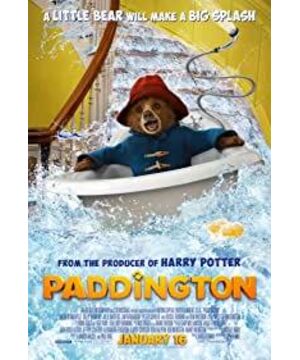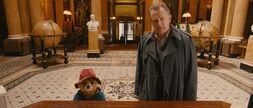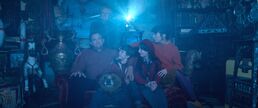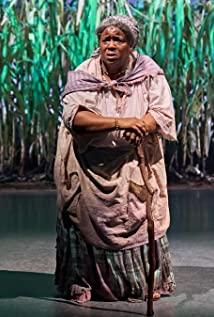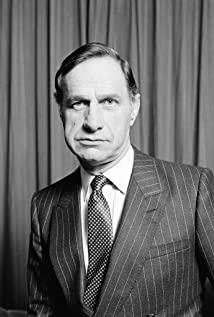When I watched the movie, I thought of a few points:
1. At the beginning of the movie, I borrowed Granny Bear to say how hospitable the British are, how many homeless children they have received (it is rare for the British to brag about themselves so straightforwardly!), It can be regarded as a memory of the glory of the imperial era.
2. In the scene at the train station, the master's first reaction to the owner bear was "No, thanks" and the owner bear's tone was very similar to the way the British treat the homeless.
3. The driver of Cab is the protagonist of Little Britain, who is good at imitating various accents; Next, the coffee man of the Geographic Society should be another protagonist of Little Britain (or Sebastian in Yes, Prime Minister?), and there are also female characters in Little Britain. The classic performance just happened to match the master's anti-string in this play.
4. In the scene of the thief, I always felt that the thief was an Italian secretly. . .
5. The explorer was expelled from the play of the association, using the criteria for judging the civilization of creatures to blacken the British themselves (whether they can speak English~).
6. The age of the original work. It can also be seen from the above that the villain watched his father's dismissal as a child, and at most 30 years had passed by the time the owner bear came to London, and things like the Explorers Association were typical products of the imperial period, so explorers The trip to Peru must have been before the First World War. If you add it all together, it should not be too late for the owner to come to London. (I just checked the encyclopedia, it is said to be a story book from 1956~)
ps: I can't help but think of Downton Abbey when I see the master, Tangjiatun~
pps: The villain's sidekick is also the man in the museum security, too tm like a face Brother!
ppps: I didn't even find out that the villain is Nicole Kidman = =.
View more about Paddington reviews


